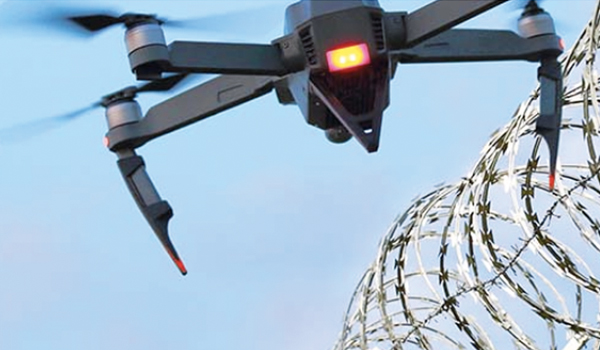City of London Police to share expertise in global cybercrime project
A new international alliance will pool intelligence from business, government, law enforcement and security agencies and professionals to help combat the global threat from cybercrime.

A new international alliance will pool intelligence from business, government, law enforcement and security agencies and professionals to help combat the global threat from cybercrime.
City of London Police is to be part of one of the largest international consultations into cybercrime designed to help governments, law enforcement and businesses get a headstart on cyber criminals.
Called Project 2020, the study by the International Cyber Security Protection Alliance (ICSPA) and led by its strategic law enforcement partner Europol will analyse current trends in cybercrime and how they may evolve over the next eight years and beyond.
Detective Chief Superintendent Steve Head, head of the economic crime directorate at City of London Police, explained: Cybercrime is becoming pervasive in society, threatening the technological, financial and social fabric of developed and developing countries.
Confronting and combating it now and in the future presents one of the most difficult and important challenges of our time and can only succeed by the international community working as one.
Project 2020 is laying down a blueprint for how this can be achieved and the City of London Police is committed to pooling its own expertise with fellow members to create the systems and policies that will significantly enhance cyber security around the world.
The past two years have witnessed the industrialisation of cybercrime, where criminals can draw on an entire supporting infrastructure of criminal service providers from web hosting to generating credit card verification data. And with more personal information on the web than ever before, there has been a sharp increase of targeted cyber attacks, so-called spearphishing.
During the past 24 months, critical infrastructure in countries around the world has been under daily cyber attack from both organised criminal networks and state-sponsored entities, said John Lyons, chief executive of ICSPA.
Europol expects these threat scenarios to evolve rapidly, with cloud computing services meaning that we dont always know to whom we are entrusting our data. The internet of things could see the hacking of medical devices and key infrastructure components.
With two-thirds of the world yet to join the internet, we can expect to see new criminals, new victims and new kinds of threats, says Dr Victoria Baines, strategic adviser on cybercrime at Europol.
What makes Project 2020 unique is that it will combine the expertise of leading law enforcement agencies with that of the ICSPAs member companies, organisations and professional communities.
Also participating in Project 2020 are the European Network and Information Security Agency (ENISA) and experts from two global professional communities the International Information System Security Certification Consortium (ISC) and the International Association of Prosecutors (IAP).
Among the business members joining Project 2020 are payment services firm Visa Europe, home shopping retailer Shop Direct Group, customer insight and fraud prevention services firm Transactis and logistics company Yodel. They will be joined by seven of the worlds leading cyber security companies: McAfee, CGI Canada, Atos, Cassidian, Digiware, Core Security Technologies and Trend Micro, which have thousands of experts analysing security issues 24/ 7, all of whom will feed their expertise into the study.
During the past few years, increasingly sophisticated and highly-targeted cyber attacks have resulted in significant losses not only financial but also, potentially even more worryingly, of intellectual property in defence and aerospace, oil and petrochemicals, financial services, manufacturing and pharmaceuticals, said Mr Lyons. Cybercrime is notoriously difficult to tackle given the international structure and capabilities of some of the criminal networks we see in operation. It used to be inherently difficult to combine international



